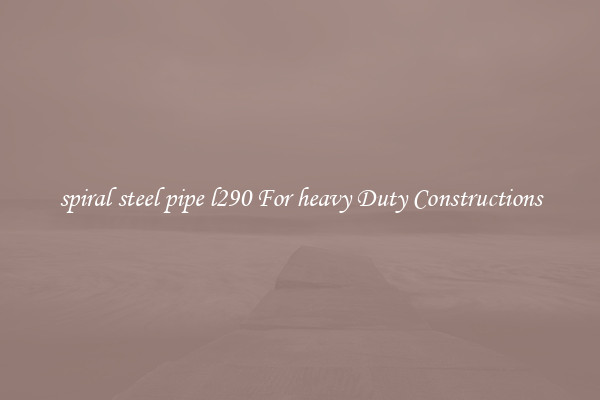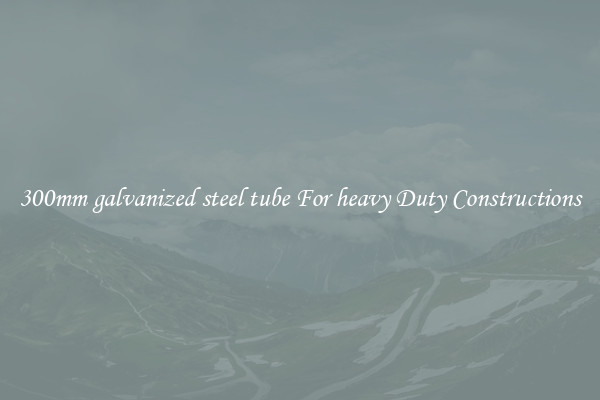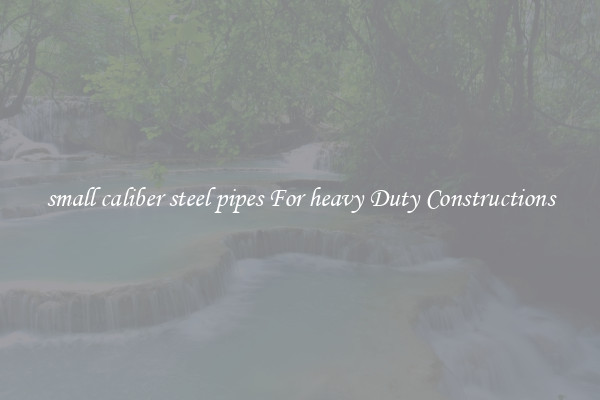oil pipe low carbon steel For heavy Duty Constructions
Oil pipes are an essential component in the construction of heavy-duty structures such as oil rigs, refineries, and pipelines. These pipes are specifically designed to withstand high pressure and extreme conditions, making them crucial for the transportation of oil and gas across vast distances. One material widely used in the manufacturing of oil pipes is low carbon steel, a cost-effective and durable material that offers numerous benefits for heavy-duty constructions.
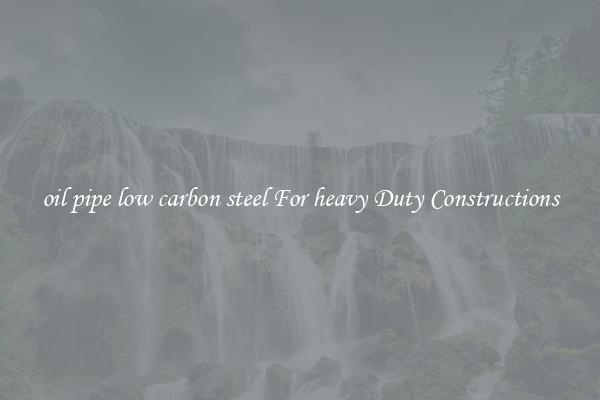
Low carbon steel is a type of steel that contains a relatively low amount of carbon, usually less than 0.25%. This makes it easier to weld, cut, and form into various shapes, making it an ideal material for the fabrication of oil pipes. Despite its low carbon content, low carbon steel is still strong and tough, capable of withstanding the high pressures and harsh environments that oil pipes are subjected to.
One of the key advantages of using low carbon steel for oil pipes is its corrosion resistance. Low carbon steel is less prone to corrosion than other types of steel, making it suitable for use in environments where exposure to moisture, chemicals, and other corrosive substances is common. This helps to prolong the lifespan of the oil pipes and reduces the need for frequent maintenance and repairs.
In addition to its corrosion resistance, low carbon steel is also highly durable and can withstand heavy loads and extreme temperatures. This makes it a reliable choice for heavy-duty constructions such as oil rigs and refineries, where the safety and integrity of the structures are of utmost importance.
Furthermore, low carbon steel is a cost-effective material, making it an attractive option for large-scale projects that require a significant amount of oil pipes. Its affordability does not compromise on quality, as low carbon steel can meet the stringent standards and regulations set for oil and gas infrastructure.
In conclusion, low carbon steel is an excellent choice for heavy-duty constructions that require oil pipes to transport oil and gas efficiently and safely. Its corrosion resistance, durability, and affordability make it a reliable and practical material for the fabrication of oil pipes, ensuring the longevity and reliability of the structures in which they are used.

View details

View details

View details
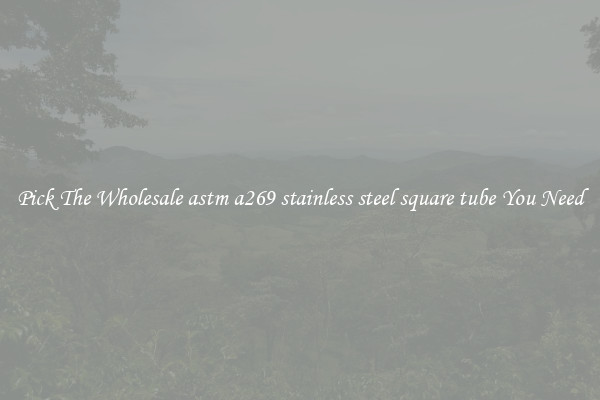
View details
